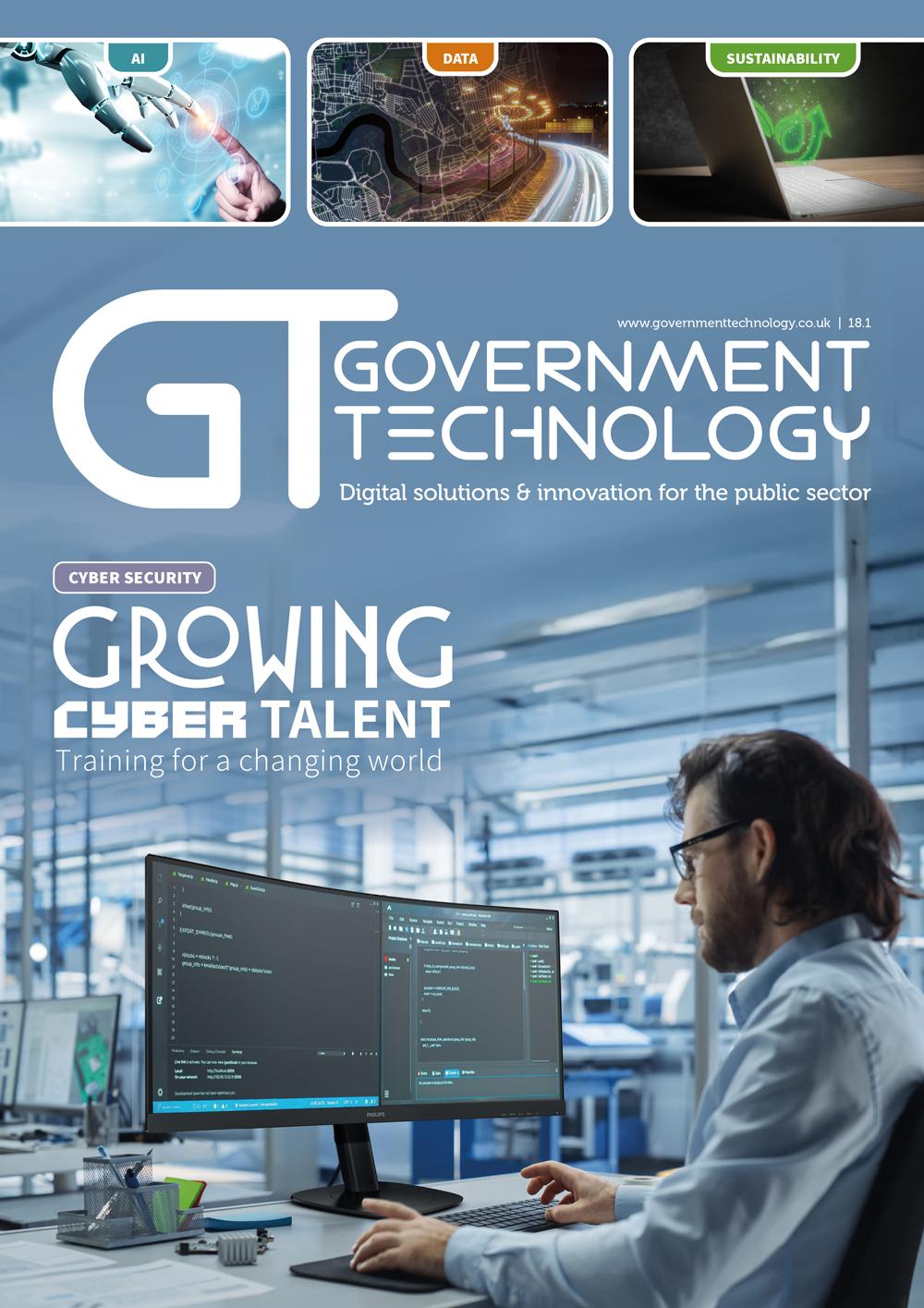£82.6 million of flexible forms of research funding is to be funnelled into unlocking the power of AI in healthcare, with two of the three projects receiving funding to develop treatments and diagnostics for diseases like cancer and Alzheimer’s.
This funding comes on day two of the AI Action Summit to showcase the government’s investment into harnessing AI for good
£37.9 million will go towards three innovative British research projects, the Research Venture Catalyst (RVC) programme. Together with a further £44.7 million in co-investment across the three projects, from other sources this makes for a total backing of £82.6 million.
£18.9 million government funding plus £24.7 million co-investment will go towards PharosAI, which will bring together decades of NHS and Biobank data and host it on a secure AI platform. This will reinvent cancer care by accelerating the development of the next generation of AI models which will speed up diagnosing and treating the disease.
Professor Anita Grigoriadis, professor of molecular and digital pathology at King’s College London, CEO of PharosAI said: “AI has the potential to revolutionise cancer care. The UK has a real opportunity to be a major innovator, leading to faster diagnosis, novel and more targeted cancer treatments, and better-informed healthcare for patients.
“Pharos AI will democratise cancer AI and create an ecosystem to navigate the path to AI-powered precision medicine. Thanks to the RVC programme, we will build a unique operational approach between King’s College London, Queen Mary University of London, Guy’s and St Thomas’ NHS Foundation Trust, Barts Health Trust and industry partners. Our innovative collaboration will accelerate scientific breakthroughs and bring vastly improved cancer care to tomorrow’s patients.”
A further £12.9 million government funding will be matched by equal co-investment and delivered to Bind Research to help AI learn how to drug currently undruggable proteins, in the hope we will be able to cure diseases once thought to be untreatable.
The RVC programme will deliver new ways of funding research projects, allowing them to be flexible and reflect the real needs of cutting-edge innovators. The RVC programme will support pioneering work training AI on the NHS’s vast pool of cancer data, drug discovery research, and more.
The UK government is also to expand UK involvement in the European High-Performance Computing (EuroHPC) Joint Undertaking by committing £7.8 million to fund UK researches and businesses’ participation in EuroHPC research, meaning British and European AI computing researchers can work unobstructed together.
These announcements come on the final day of the AI Action Summit in France, where world leaders and AI companies are holding a range of talks to demonstrate the ways technology can improve life across the globe.
Health and social care secretary Wes Streeting said: “NHS innovation saved my life when I was diagnosed with cancer and treated by a world-class surgeon equipped with a robot. I want more patients to benefit from this kind of groundbreaking treatment, and AI will be central to our efforts.
“This new funding is another step to unlock the enormous potential of AI for cancer research and drug discovery — ensuring more patients like me experience the highest quality care.
“AI will help us speed up diagnoses, cut waiting times for patients and free up staff, as we deliver our Plan for Change and shift the NHS from analogue to digital.”


